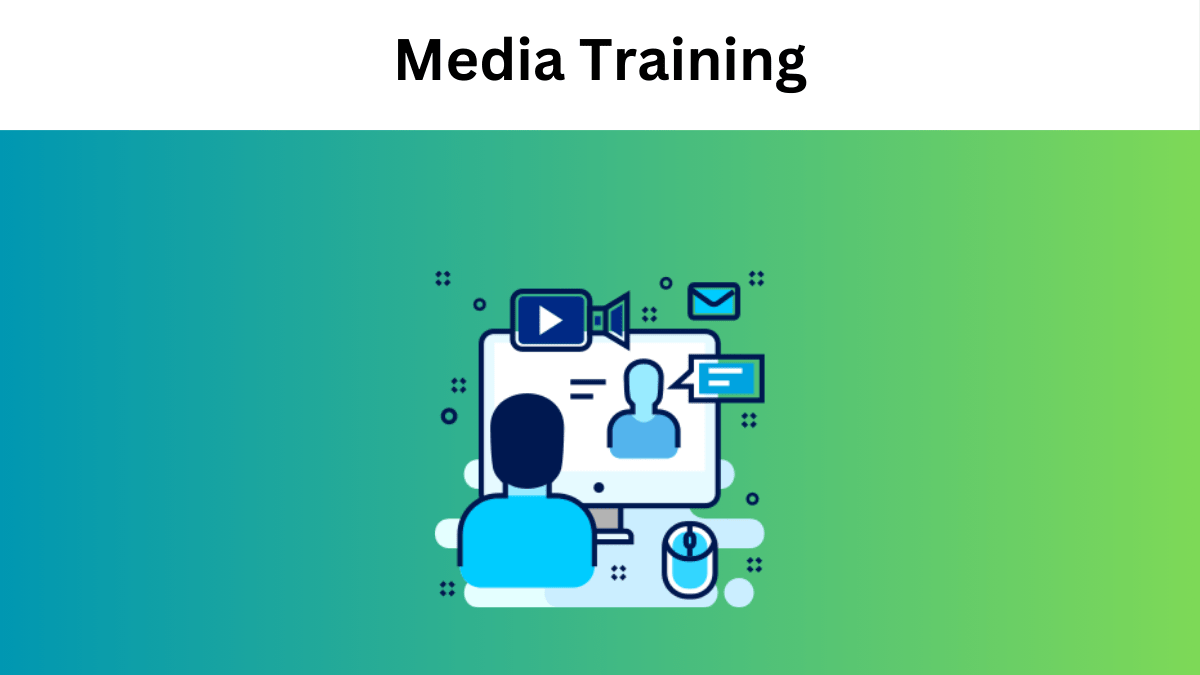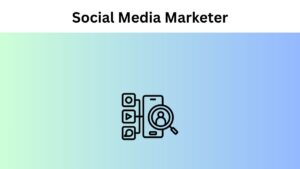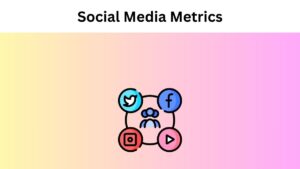Talk to journalists, provide answers – media interviews sound like a straightforward concept, don’t they? Corporate communication, however, is hardly ever simple, especially when a crisis is attached, from product recalls to corporate blunders or scandals.
In times of disaster, handling the fallout through media interviews can spell the difference between bouncing back and being maligned and fading into oblivion. Effective communication with the media and the public tilts the outcome in your favor.
If you’re not a natural communicator or lack the experience, media training is a necessary investment for your company’s future.
The Business Value of Media Training
When a crisis occurs, a company schedules a press conference or sends out a release to provide perspective and outline plans for resolution. Journalists may request interviews and TV networks will likely follow suit, depending on the extent of the company crisis.
Either way, you’ll have to respond to difficult questions or sit through sensitive inquiries professionally and engagingly. Because you represent the business, how you engage with reporters and media outlets can seal your company’s fate.
As a business investment, media training is a critical tool in your communications strategy. Although it’s particularly important in times of crisis, it’s also essential when delivering good news about the business, such as announcing an innovation, a new CEO, or merger.
In what ways can media training help you, other than communicating clearly?
- You’ll be equipped with skills to handle difficult scenarios.
- Learn when and how to deliver crucial information effectively.
- Turn stressful situations into opportunities to demonstrate control and leadership.
- Gauge the effectiveness of the interview to inform future interactions with the media.
- Project assurance and convey that the crisis is being addressed and managed.
- Learn how to predict interview questions.
All in all, the right media training enables you to preserve your company’s public image, keeping your bottom line safe in the process.
What To Expect During Your Training
Whether your media training is in Dubai or the UK, expect to work with media experts in a few sessions. Some sessions last only half a day and more intensive programs could stretch for multiple days. How long the training happens depends on your business needs and the number of people to train.
In general, C-suite executives, business owners, and spokespersons of the company are the ones who go through the training. These business leaders are the ones who face the media, so prepping for critical interviews is part of the job.
During the course of your training, your media expert will cover the following topics:
Interview Techniques
Sometimes, a crisis can stem from unfortunate comments made during a live interview. Once you lose composure after a particularly challenging question, your poorly worded answer and behavior can become the headline.
Mastering techniques for addressing challenging questions is a key part of media training. You’ll learn some key speaking techniques, such as bridging (e.g., “What this all boils down to,” “It’s important to (x), but it’s also crucial to (x)”), listing (i.e., organizing your response into a list), and flagging (e.g., “Let me be clear,” “Our entire focus and goal is,”).
You’ll also go through interview simulations, from face-to-face to virtual interviews, and receive feedback to improve delivery.
Nonverbal communication
Your body language can sometimes reveal more about your message than your words. Your press speech may talk about confidence in your company’s process, but if your facial expression says otherwise, you’ll send mixed messages.
Nonverbal communication is a key aspect of your media training, and it’ll help you convey confidence and credibility. Proper posture and eye contact will also be taught along with dressing appropriately to represent your business in the media.
Message Delivery
Clear, concise, and consistent messages are at the heart of effective communication, especially during a crisis. You not only have to stay on message but also find a way to engage the public with what you’re saying. That means crafting the message to reflect your company’s brand and goals and adapting it to suit your audience.
Crisis Communication
Emotions will run high in difficult situations. Reporters and media outlets will be less than empathetic because they have a job to do: seek answers for the public.
Training for crisis communication will equip you with the skills to stay calm and remain in control when the media pressures you.
Media Insights
Not all business leaders are media savvy. Sometimes it takes training; other times it takes years to acquire the skills and expertise to learn how to manage reporters and media outlets.
Your media training will include how the media covers trends and stories in your industry. It will also provide insights to journalists and what they look for when covering stories. You’ll also learn which reporters are likely to be more aggressive and which ones are more balanced with their coverage.
Once you better understand how the media works, you’ll make informed decisions about your engagement with them.
Boardroom to Broadcast: Shifting Your Leadership Skills to Media Platforms
You don’t start your media training without the basic knowledge and skills. As a C-suite executive, senior leader, or manager, you’ll have honed the necessary skills that can be sharpened and directed for media engagement.
For starters, your presentations with the board have prepared you for future interviews and press conferences. Talking to the board of directors about a new project, investment, or sales report has helped you know how to manage the flow of information and focus on key messaging. Your time in the boardroom has also allowed you to identify what your audience needs to hear.
Every head of a business unit or team is in the position they’re in because the company has recognized their leadership skills. As a leader, you already possess some of the capabilities necessary to communicate effectively.
All you need now is to gain further skills to manage your company’s messaging amid crises, and project confidence that reassures the market and consumers. With the right media training, you’ll be able to navigate the media landscape and lead your business amid a challenging time.






